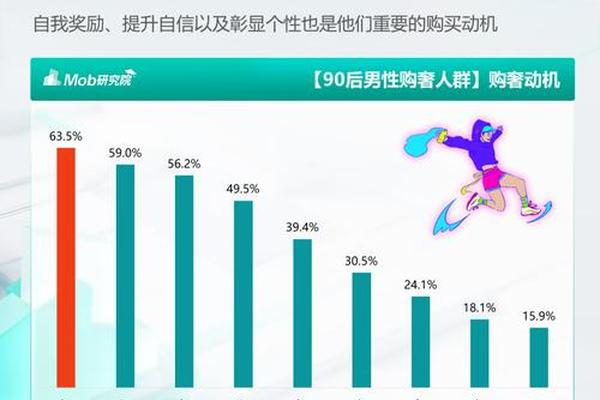中国年轻群体奢侈品购买动机与行为关系的研究
[1]
布鲁诺, 张婧. 2020年中国奢侈品市场: 势不可挡[EB/OL].
https://www.bain.cn/pdfs/202012160302262533.pdf, 2020-09-18.
[2]
栾岚, Kim, A., Zipser D., 等. 中国奢侈品报告: 社交裂变——中国“80后”和“90后”催生全球奢侈品新赛道[EB/OL].
https://www.mckinsey.com.cn/wp-content/uploads/2019/04/McKinsey-China-Luxury-Report-2019-Chinese.pdf, 2020-09-18.
[3]
郝婧, 程思博, 尹冠群, 谢振达, 等. 2020中国奢侈品消费者数字行为洞察报告[EB/OL].
https://bbx-pic.gtimg.com/bbx/pictures/2021/211_20210827164457_857668.pdf, 2020-09-18.
[4]
罗当. 当代中国“新奢侈品”消费行为及动机研究[D]: [硕士学位论文]. 长沙: 湖南师范大学, 2014.
[5]
Brun, A. and Castelli, C. (2013) The Nature of Luxury: A Consumer Perspective. International Journal of Retail & Distribution Management, 41, 823-847.
https://doi.org/10.1108/IJRDM-01-2013-0006
[6]
Okonkwo, U. (2007) Luxury Fashion Branding: Trends, Tacticts, Techniques. Palgrave Macmillan, London.
https://doi.org/10.1007/978-0-230-59088-5
[7]
Ko, E., Costello, J.P. and Taylor, C.R. (2019) What Is a Luxury Brand? A New Definition and Review of the Literature. Journal of Business Research, 99, 405-413.
https://doi.org/10.1016/j.jbusres.2017.08.023
[8]
Veblen, T. and Galbraith, J.K. (1899) The Theory of the Leisure Class. Houghton Mifflin, Boston
[9]
Ng, Y.K. (1987) Diamonds Are a Government’s Best Friend: Burden-Free Taxes on Goods Valued for Their Values. The American Economic Review, 77, 186-191.
[10]
Berry, C.J. and Berry, C.I. (1994) The Idea of Luxury: A Conceptual and Historical Investigation. Cambridge University Press, Cambridge.
https://doi.org/10.1017/CBO9780511558368
[11]
Nueno, J.L. and Quelch, J.A. (1998) The Mass Marketing of Luxury. Business Horizons, 41, 61-61.
https://doi.org/10.1016/S0007-6813(98)90023-4
[12]
Prendergast, G., Phau, I. and Wong, C. (2000) An Exploratory Study of the Purchase of Luxury Brands on Infant Apparel. Visionary Marketing for the 21st Century: Facing the Challenge: Proceedings 2000 ANZMAC Conference, Brisbane, 28 November-1 December 2000, 1005-1008.
http://www.anzmac.org
[13]
Kapferer, J.N. and Laurent, G. (2016) Where Do Consumers Think Luxury Begins? A Study of Perceived Minimum Price for 21 Luxury Goods in 7 Countries. Journal of Business Research, 69, 332-340.
https://doi.org/10.1016/j.jbusres.2015.08.005
[14]
Phau, I. and Prendergast, G. (2000) Consuming Luxury Brands: The Relevance of the ‘Rarity Principle’. Journal of Brand Management, 8, 122-138.
https://doi.org/10.1057/palgrave.bm.2540013
[15]
Dubois, B. and Czellar, S. (2002) Prestige Brands or Luxury Brands? An Exploratory Inquiry on Consumer Perceptions. Université de Genève, Geneva.
[16]


